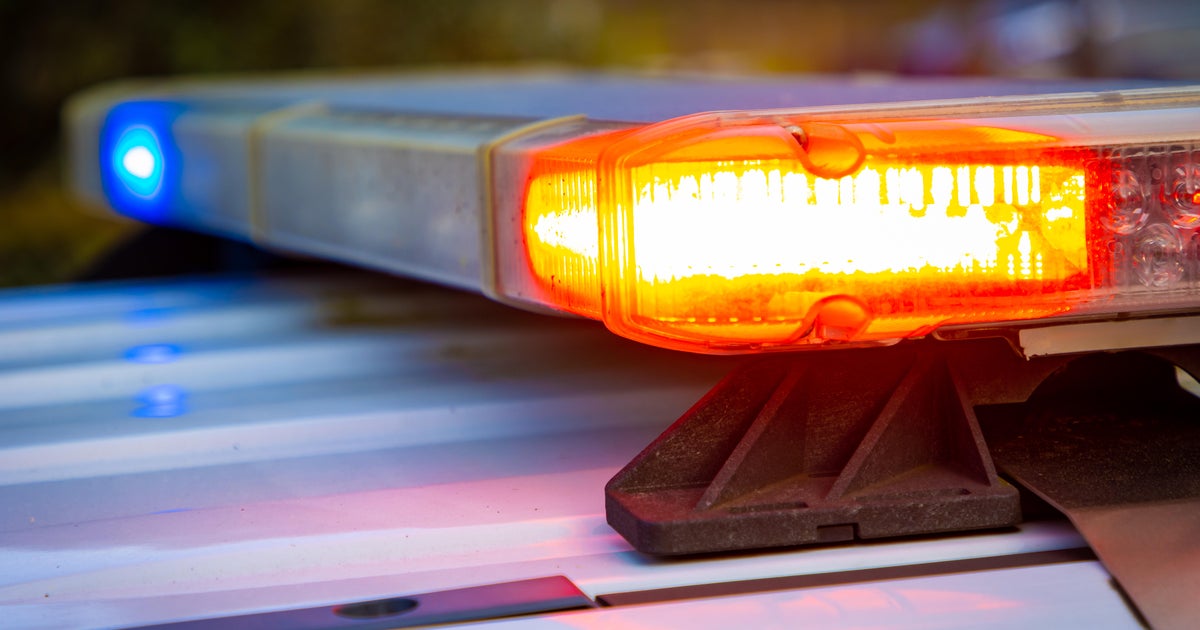Coronavirus In Illinois: Cook County Facing Shortage Of Election Judges For Tuesday's Primary
CHICAGO (CBS) -- Cook County Board President Toni Preckwinkle said, with Election Day less than a day away, the county is still facing a significant shortage of election judges, and she encouraged anyone who is interested to sign up to help manage polling places on Tuesday.
Preckwinkle said the county normally has about 8,000 election judges signed up to staff polling places in suburban Cook County for a presidential primary, but as of Monday morning, the county had only 5,600, because many regular judges had called out due to coronavirus concerns.
To become an election judge, you must be a registered voter, but the county is waiving the normal training requirements. Election judges also are paid $150 for the day.
"Elections are the heart of our democracy, and I would encourage people to vote first and foremost; and to volunteer if they're able to be judges. They can go to the county website and volunteer. If you go to your polling place at 6 o'clock in the morning, and there aren't five judges, and you're willing to stay the day and serve, they can swear you in on the spot and you can become a judge," Preckwinkle said.
Meantime, Preckwinkle called a special board meeting on Monday to extend the county's coronavirus disaster proclamation through the end of March.
The board also approved extending emergency powers to the county's executive branch to enhance its ability to access additional state and federal resources needed to respond to the COVID-19 pandemic.
"It's critical during this time that local and state governments are able to work together with our federal partners," Preckwinkle said after the meeting. "The health and safety of our residents and our communities is the top priority."
Preckwinkle and Cook County Public Health Director Dr. Terry Mason also reminded Cook County residents to practice social distancing tactics for the foreseeable future, such as staying home, avoiding large gatherings, regularly washing your hands, and contacting your doctor if you have symptoms of COVID-19, or have had contact with anyone else showing the symptoms.
Symptoms of the new coronavirus include fever, cough, and shortness of breath.
Meantime, U.S. Reps. Raja Krishnamoorthi, Jan Schakowsky, and Sean Casten touted Friday's vote by the House to pass the Families First Coronavirus Response Act, which includes a provision to provide COVID-19 tests free of cost.
The legislation also secures paid emergency leave with two weeks of paid sick leave and up to three months of paid family and medical leave, according to Pelosi. It also enhances unemployment insurance. The legislation also increases federal funds for Medicaid, and bolsters funding for food assistance programs.
The House overwhelmingly approved the legislation on Friday. The Senate is scheduled to vote on the measure on Monday, and the president has vowed to sign it.
Last week, President Trump signed an $8.3 billion bill to respond to the crisis.
However, Krishnamoorthi blasted the Trump administration's response to the coronavirus pandemic, particularly the lack of COVID-19 testing compared to other nations.
"We are doing a horrible job at the federal level of making sure that state and local authorities can test people, identify who has coronavirus, isolate them, get them better, and then make sure everyone else is safe," Krishnamoorthi said.
The congressman noted South Korea has conducted nearly 4,000 people per 1 million residents, Italy has tested approximately 1,000 people per 1 million residents, the United Kingdom has tested about 400 people per 1 million residents, but the U.S. has tested only 15 people for every 1 million residents.
"Places like Cook County Department of [Public] Health and others don't have the materials to test local residents and make sure they get the treatment the need, and get quarantined so that the rest of us can stay safe. We have to up our game on this right now at the federal level," Krishnamoorthi said.



